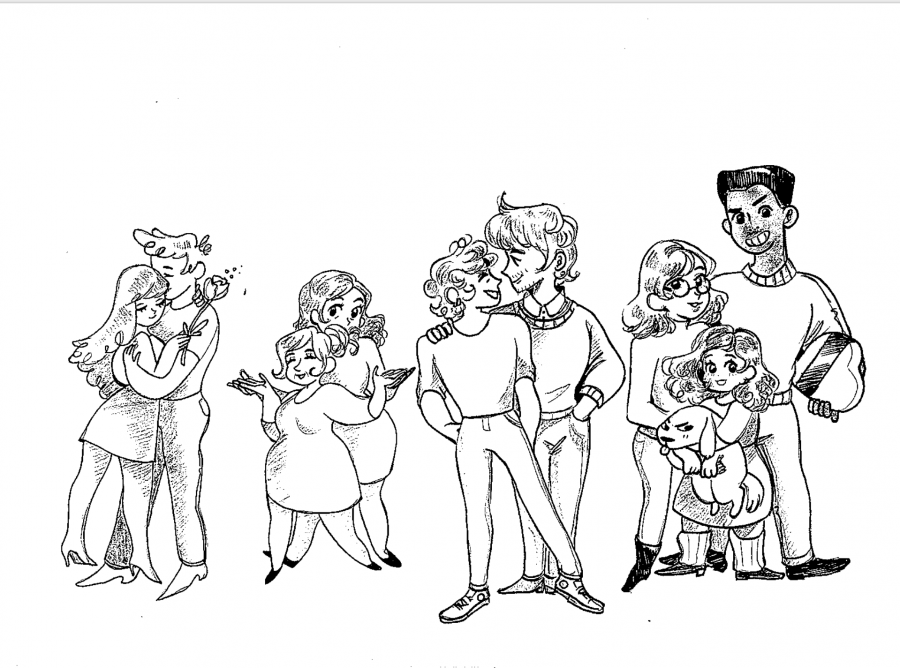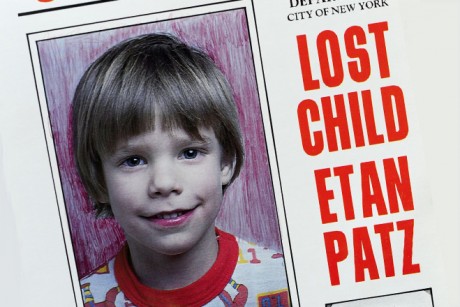By Taylor Rapalyea
Staff Writer
Our group was packed into a van, cruising down a highway in Johannesburg, when we heard a brief siren. At first we were confused —we couldn’t crane our necks far enough to spot a police officer. In fact, we had hardly seen any men in uniform since landing in South Africa.
After a few moments of confusion, our driver, Andoni, pulled over and stepped out of the van. An officer in a motorcycle helmet was in front of him in an instant, shouting in isiZulu and sticking a gloved finger directly in his face.
Later we discovered that the officer had claimed that Andoni hadn’t used his indicator, or blinker, when changing lanes. The policeman was yelling the accusation over and over, occasionally demanding to see Andoni’s license.
“The policing here [in South Africa] is extremely poor,” Chad Wesen, a career foreign service officer, had said earlier in our meeting at the U.S. Embassy.
Wesen noted that in recent years a mass background check had been conducted for police in the country. Tens of thousands of officers were found to be English illiterate, had no background investigating crime, little knowledge of the law, and, in many cases, criminal backgrounds of their own, according to the diplomat, who drafts the State Department’s annual human rights report on South Africa.
“Those with criminal histories were never fired,” he added.
“The police narrative of ‘they are the bad guys,’ demoralizes them,” said Commissioner Danny Titus at the South African Human Rights Commission. That demoralization sometimes leads officers to believe their jobs don’t matter.
Police officers here die frequently in the line of duty: gang members, who rule certain areas of South Africa, have incentive to take a cop off the street with the added bonus of gaining an extra firearm. This, coupled with low pay, low life value, and a complicated crime system, causes many officers to turn to corruption or brutality.
The South African Police Service Shadow Report from the nonprofit Ndifuna Ukwazi found 4,131 cases, or 61 percent of cases, investigated by the Independent Police Investigative Directorate (IPID), a citizen alleged that a police officer assaulted a member of the public.
The report stipulates that assault includes spitting or shouting at a person, as well as hitting them, but 1,236 of these cases consisted of assault “with intent to do grievous bodily harm.”
While police forces in the U.S. have their fair share of problems, most kids are brought up to believe that they can trust officers, and that if there’s a problem, they’re the ones to call.
A women’s collective in Cape Town told me that if there’s a murder in a high-poverty area, the police usually take at least four hours to show up.
The police commissioner was not immediately available for comment.
Our roadside confrontation illustrated the problem. While the police officer continued screaming, Andoni calmly stood by, nodding serenely. In a moment, the officer had sped away.
“I just said to him, ‘I’m sorry,’” said Andoni. “You can’t win that argument.”
As a part of the Human Rights in South Africa course, 11 students learned about the history of apartheid and the current social situation of South Africa. In May 2014, they visited the country and witnessed the situation first-hand, speaking with people from activists and average citizens to U.S. diplomats and commissioners. You can check out their blog at strugglehope.wordpress.com














